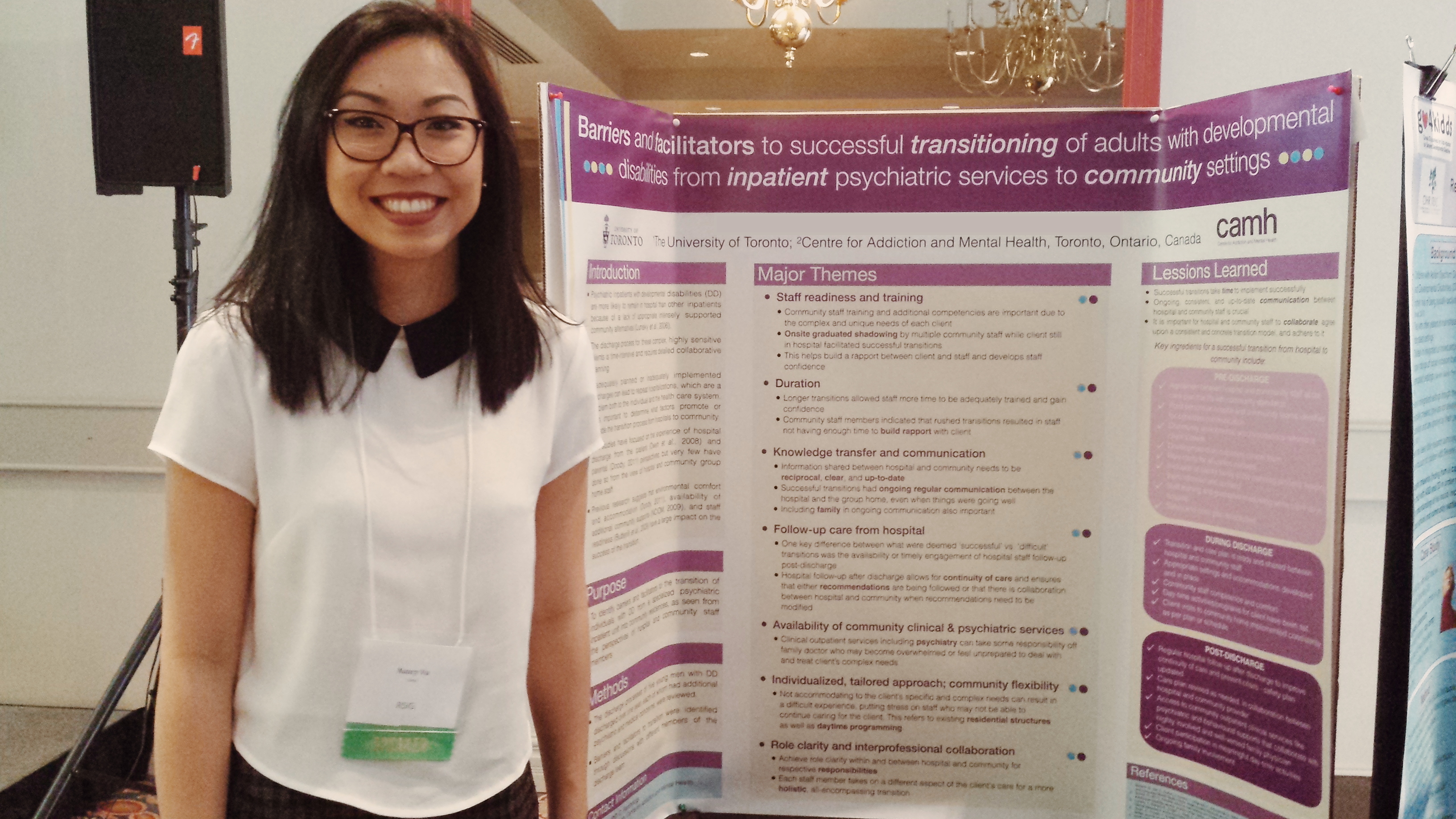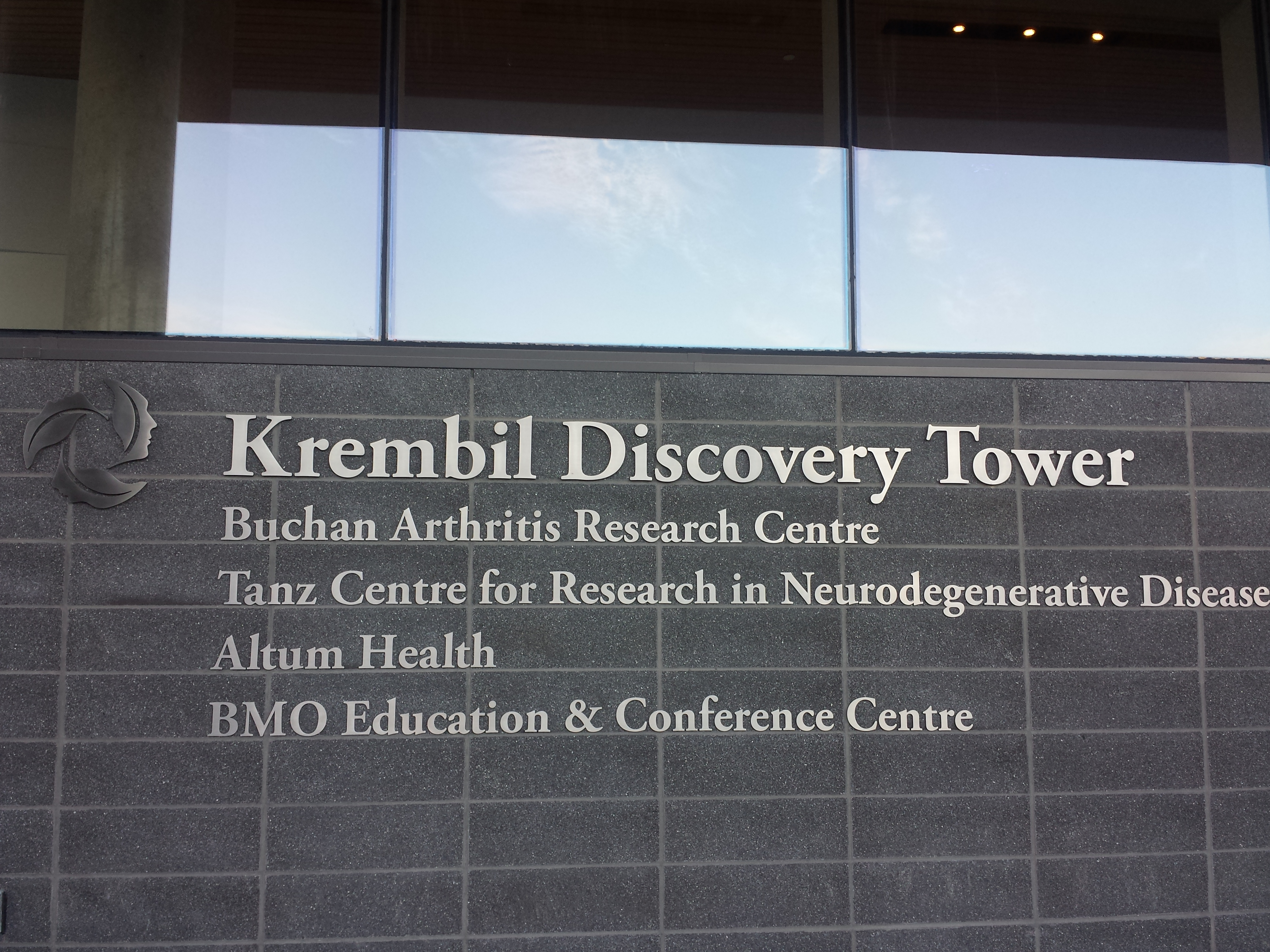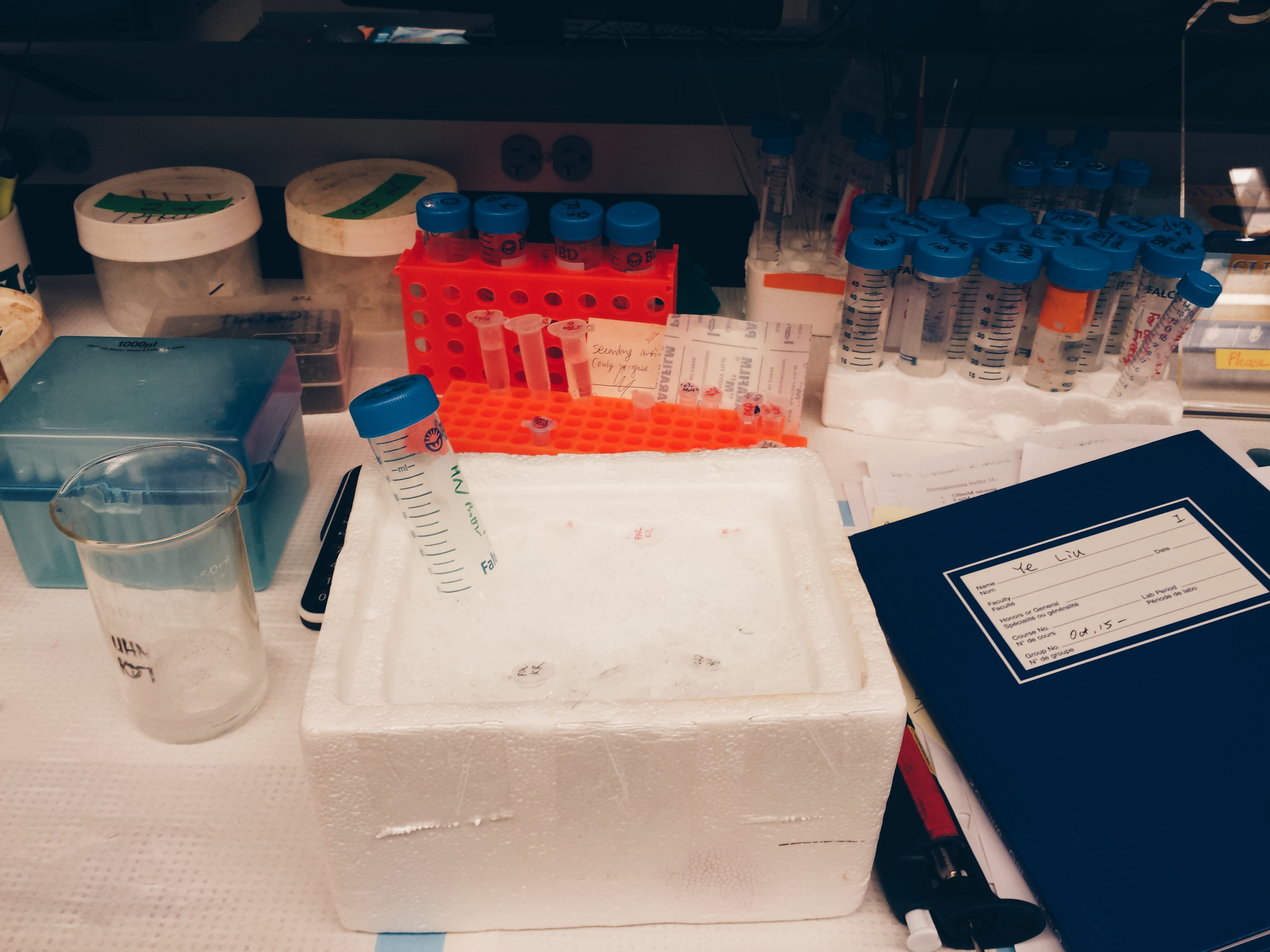As a Life Sciences student, I understand the pressure and trepidation you feel when someone in class goes “So in my research lab…” Meanwhile, you’re screaming internally about how you can barely fold laundry properly let alone have your life so put together as to be in a research lab.

Whether you plan on pursuing a career in healthcare or science research itself, having research experience on your CV and learning lab skills are a bonus when you apply to professional or graduate programs. But where does one even start? It’s daunting trying to maneuver the Interwebs to find viable and worthwhile positions. I’ve compiled a list of possible scientific/medical research opportunities by the year you might think of applying. But first, a few preliminary questions to ask yourself:
Are you even interested in research? Seems silly, but many students participate in research positions just because they feel like it’s something they have to do. Sure this may look good on your resume but if your heart isn’t in it, you won’t gain much from the experience and it will show during interviews. It’s much easier to sit through an interview and talk about something you did/want to do that you’re truly passionate about, so do yourself a favour and don’t put yourself through it if you can’t see yourself dissecting mice, mixing solutions, or filling out endless Excel spreadsheets in the future. Focus your efforts on other opportunities that you genuinely enjoy!
What research areas are you interested in? Seems like an easy question to me now but in first year, my answer to this question would have been like “Uh, brains? Science? Lol idk”. It’s totally okay if you’re not sure where you’re most comfortable yet, but research certain disciplines you think you might want to pursue. From there, you can go over research position descriptions. There’s a bit of trial-and-error here, and with more experience, coursework, and research, you’ll hopefully have a better idea of your niche.
Are you worried about your GPA? While most research opportunities require that you submit a transcript, don’t be discouraged if you think your GPA is low. Applying early and persistently is bound to get you somewhere if you act professionally. Once you have your foot in the door, it’s easier to find more opportunities. You only need one supervisor to say yes so email as many as you want!
If you’ve found satisfactory answers to these questions, let’s get started:
FIRST YEAR If by some miracle you’ve settled yourself perfectly into university and are keeping afloat in courses, take this time to figure out what you want to pursue in the future. Make use of lab courses, talk to your TAs. You can approach your profs to discuss course material in more detail slash casually slip in the fact that you’re snooping around for research positions. Emma has some good Startrek-themed tips on how to approach your prof HERE. Work on your resume; the Career Centre and Life Sci departments hold workshops often!
SECOND YEAR ROPs (Research Opportunity Programs) are individual projects you can do at the end of second or third year that count as a course. If you find a supervisor, you will have made a connection with a researcher who can direct you to further opportunities! If you really enjoyed your ROP, consider asking if you can stay on with your PI after your project is over. Positions for 2016-2017 ROPs will be posted over Reading Week.
The Career Learning Network is also a good forum. Work-study positions are available during the school year and summer (you must be enrolled in courses to be eligible). Many job postings look for research assistants so take some time and pool through the ones you’re interested in.

THIRD YEAR Traveling abroad is something you might want to do. The CIE has a great run-down of the process. This opportunity requires a bit of financial investment, but if feasible, you can connect with supervisors internationally, explore another country, and come back with many worldly stories you can tell your future grandchildren.
Affiliated hospitals/research centres like SickKids, St. Michael’s, or Baycrest always post undergrad research positions. (Many hospitals should be posting their positions soon so be on the lookout!) Watch out for deadlines and email potential references as early as possible to give them some time to write one for you.

FOURTH YEAR Life Sci departments have 400-level ROP equivalents as well as summer research positions like in Immunology or Biochemistry. These applications are not done on ROSI but you can contact a department representative for more info on how to apply. All research projects can be found on the Course Listings page.

Start attending seminars hosted by graduate or professional departments as well as student groups for more info about opportunities after undergrad. During first semester, there are fairs in the Med Sci lobby where you can talk to staff from grad departments.
There are amazing resources on the Arts & Sciences and GLSE websites for a comprehensive list of research opportunities. Over your holiday break you can start planning for future applications. If you have time on your hands, you can even just send quick emails to different researchers directly to see if they’d be willing to take someone on. Contact different departments, your profs, your peers, the Career Centre, and your college registrar if you’re stuck - don’t be afraid to ask for help!
Good luck with exams, friends!
What life science research opportunities have you participated in? Comment and let us know below!
Instagram: @lifeatuoft; Twitter: @lifeatuoft; Facebook: www.facebook.com/LifeatUofT/

0 comments on “Life Sciences Undergraduate Research: How do I even?”